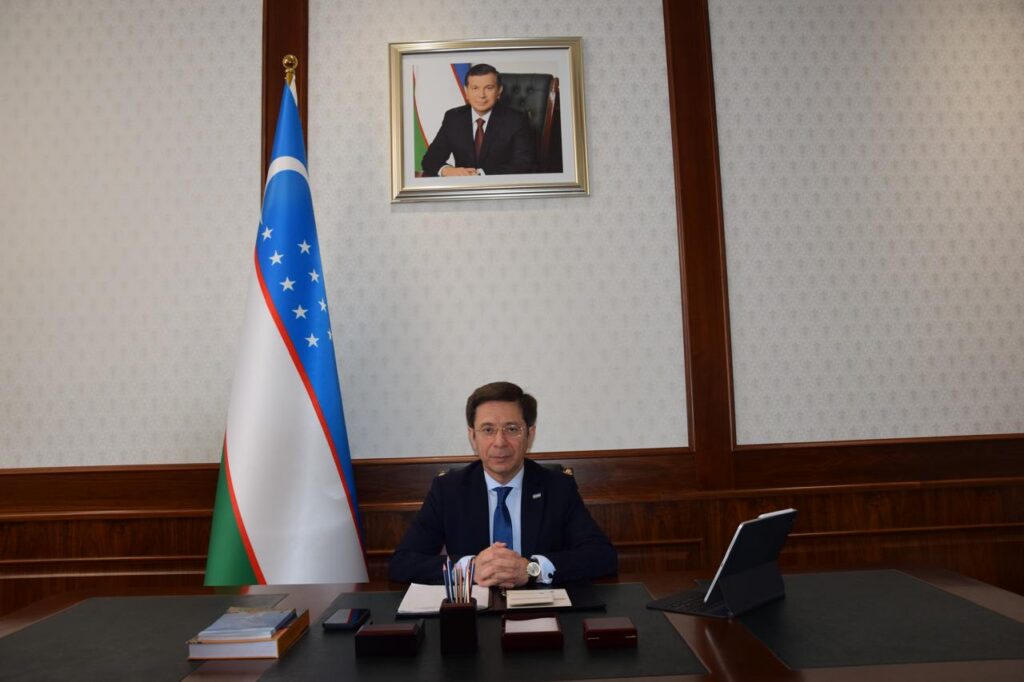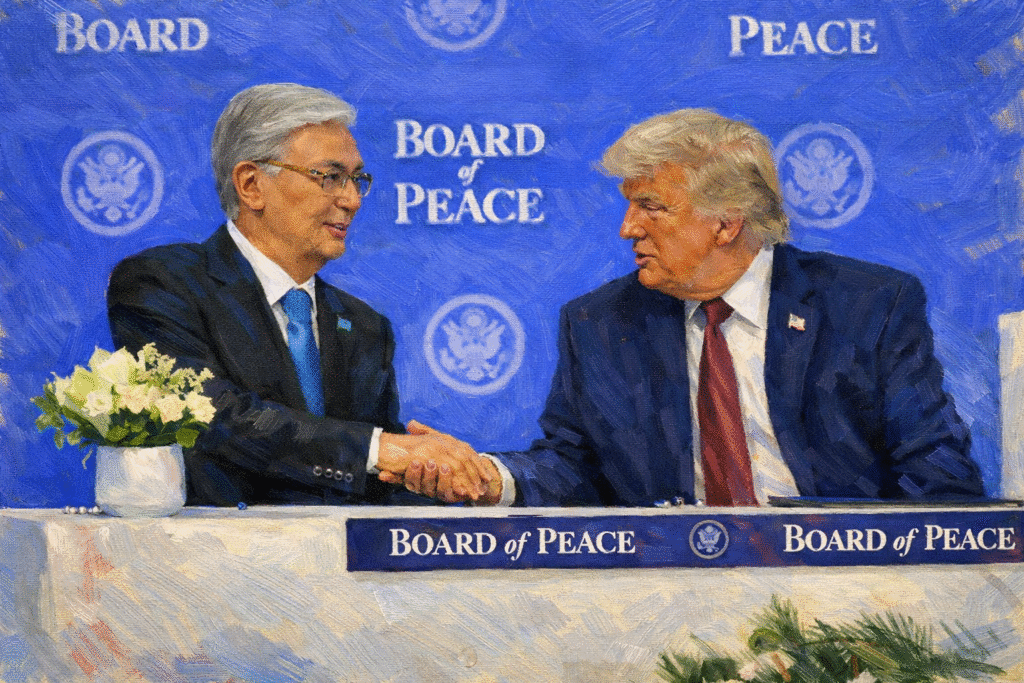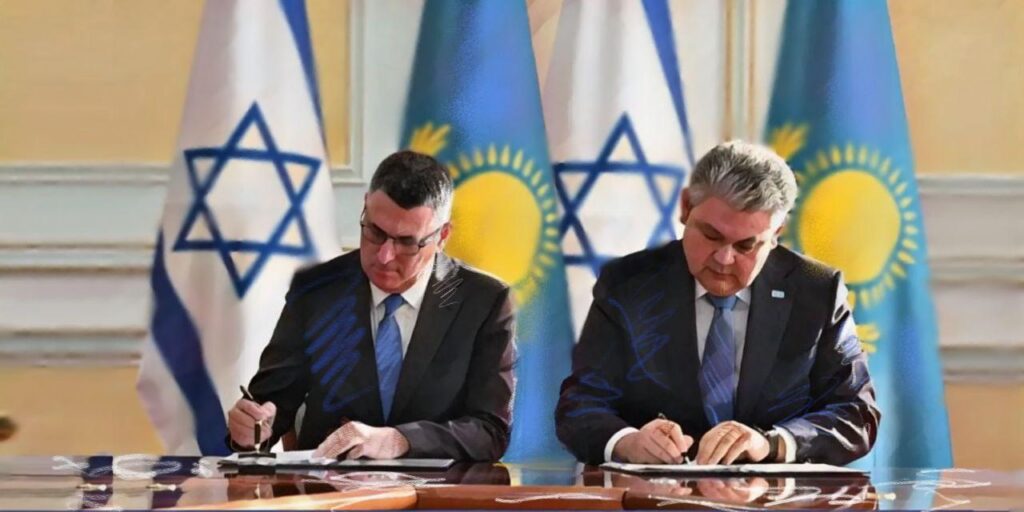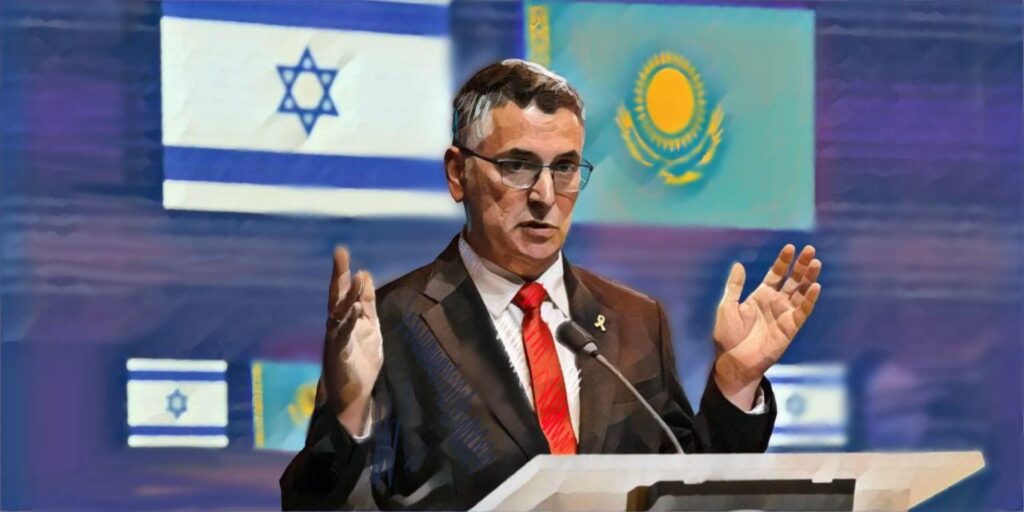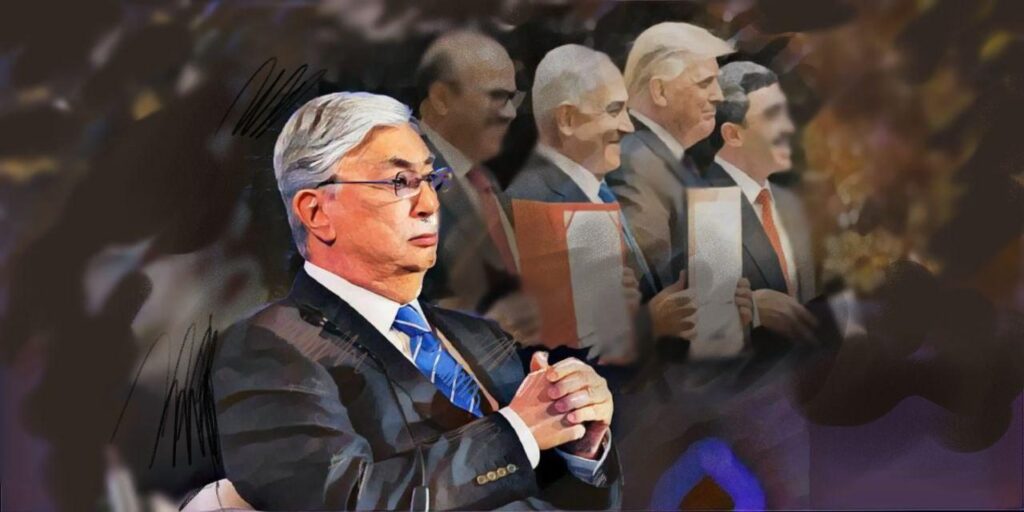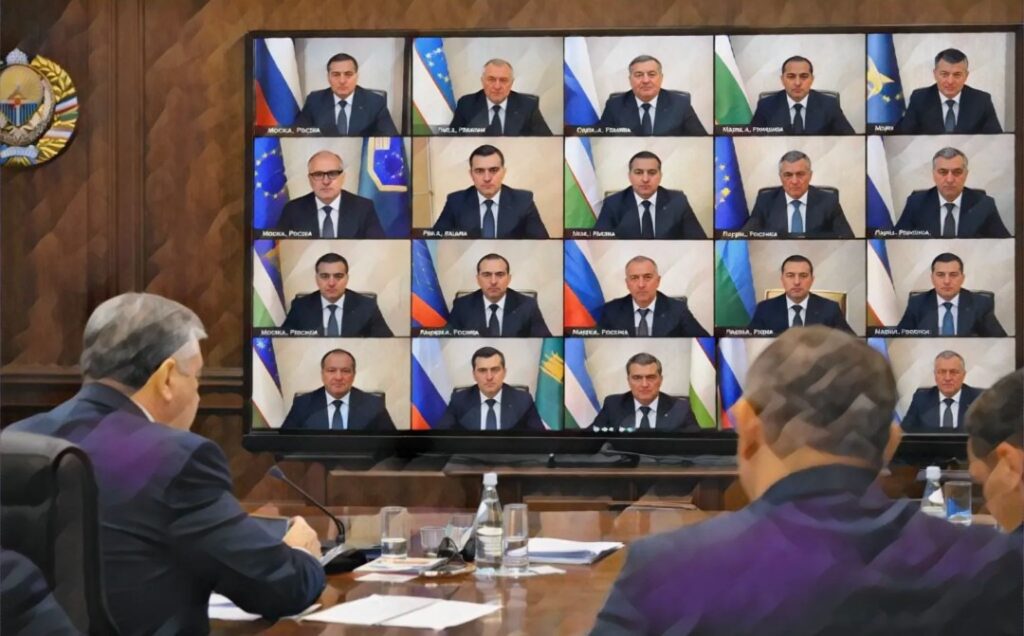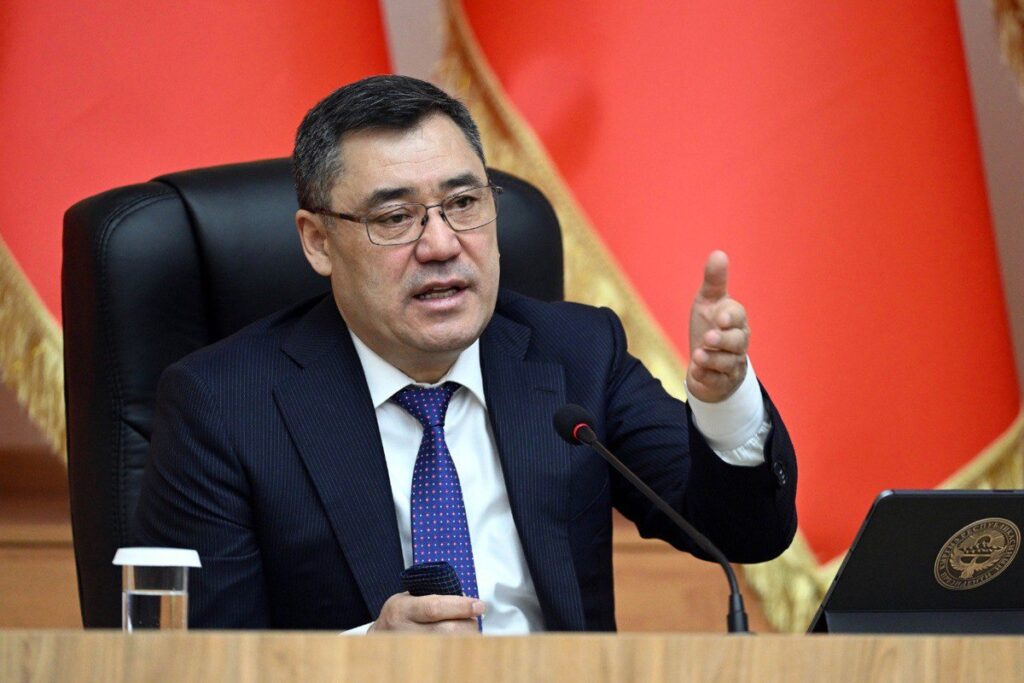One of the anticipated top priorities of Donald Trump’s presidency is ending Russia’s war in Ukraine while normalizing relations with Moscow. Writing on his Truth Social channel, Trump stated that, “Together, we will secure PEACE THROUGH STRENGTH, and Make America, and the World, SAFE AGAIN!”
Trump’s nominee to serve as Special Envoy for Ukraine and Russia, 80-year-old former national security advisor, General Keith Kellogg, laid out his plan in writing for the America First policy institute, whilst focusing on characterizing the war “an avoidable crisis that, due to the Biden Administration’s incompetent policies [which] has entangled America in an endless war.” There are fears, however, that Kellogg’s proposal to reach a ceasefire by freezing the frontlines and forcing both sides the negotiating table will lead to a tumultuously violent period as Moscow seeks to swallow up territory. Meanwhile, NATO’s new secretary-general, Mark Rutte, has warned that compelling Ukraine into a “bad peace” would pose a “dire threat” to the U.S. itself.
Whilst the framework for bringing a pause to hostilities is becoming clearer, it appears that Trump (or his representative) will need to meet with Vladimir Putin, and Kazakhstan has emerged as a potential venue for this high-stakes meeting.
Kazakhstan’s Role as Mediator
Russian political analyst, Arkady Dubnov, has argued that Putin’s recent state visit to Astana may be an indication that Kazakhstan could play a pivotal role, and that given Putin’s limited travel options due to the International Criminal Court’s arrest warrant against him, Kazakhstan, with its reputation for diplomacy, would be a logical choice.
“Putin is essentially restricted from visiting most of the Western Hemisphere,” Dubnov explained. “This leaves the Eurasian East, and among its cities, Astana stands out. Kazakhstan has hosted OSCE and CICA summits, mediated in the Syrian conflict, and facilitated peace talks over the future of the South Caucasus.”
Dubnov sees Putin’s visit to Astana as indirectly tied to a possible meeting with Trump. “The Kremlin trusts Kazakhstan as an ally while respecting its constructive relations with the U.S. and the broader West,” he stated.
Kazakhstan has long been recognized as a neutral ground where East and West can find commonality. The Astana process on Syria, initiated in 2017, helped prevent the escalation of hostilities for years, whilst Kazakhstan has mediated in other long-standing disputes, such as the conflict between Armenian and Azerbaijan.
Given this history, it is conceivable that a reconciliation process between Russia and Ukraine could start in Astana. Neither the Minsk agreements of 2014, nor discussions in Istanbul in 2022 achieved lasting peace, but Kazakhstan’s diplomatic efforts could provide fresh impetus.
Early Peace Efforts
In March 2022, Kazakh President Kassym-Jomart Tokayev spoke with Ukrainian President Volodymyr Zelensky, emphasized the urgency of negotiations to bring a halt to hostilities, a stance that has since gained momentum as the war drags on. By 2024, the validity of Tokayev’s view — that negotiations are the only viable path to end the bloodshed — has become increasingly apparent.
Kazakhstan’s diplomatic corps has actively pushed for peace. In May 2024, Ambassador to Russia Dauren Abayev reiterated Kazakhstan’s readiness to host negotiations, stating that “Kazakhstan is always ready to help on all processes that concern the world. This is not only Russia and Ukraine, but also Armenia and Azerbaijan, on the Syrian issue, on the Iranian issue. It is probably [an overstatement] to say to be mediators, but to provide a platform, to create some conditions, we are certainly ready.”
Despite these efforts, some initiatives, such as Ukraine’s 2024 peace conference in Switzerland, excluded Russia, a critical misstep according to observers like Abayev. In September, Deputy Foreign Minister Roman Vassilenko reaffirmed Kazakhstan’s willingness to provide a neutral platform for talks.
A Vision for Peace
During talks with German Chancellor Olaf Scholz, Tokayev articulated Kazakhstan’s position. “Militarily, Russia is invincible… Further escalation will bring irreparable consequences for all humanity,” he stated, lamenting the lost opportunity for a truce under the Istanbul Agreement, but urging all parties to consider peace initiatives, including those put forward by China and Brazil.
Tokayev suggested a resolution akin to the Korean scenario — freezing the conflict along the line of contact with a demilitarized zone. While he did not explicitly propose that Astana should act as the venue for talks, Kazakhstan’s neutrality and commitment to peace make it a highly credible candidate.
“With Russia, Kazakhstan has the world’s longest delimited land border in the world, and cooperation between our countries is developing within the framework of strategic partnership and alliance,” Tokayev emphasized. “At the same time, Kazakhstan has genuine sympathy for the Ukrainian people and their distinctive culture. There have never been any disagreements between our states. The embassy of our country continues to function in Kyiv.”
A Realistic Possibility?
The prospect of peace talks between Moscow and Kyiv taking place on Kazakh soil is grounded in Kazakhstan’s history as a mediator and its neutral stance in the conflict. Whether this will materialize remains uncertain, but Astana’s reputation as a bridge between East and West keeps it at the center of diplomatic speculation.

